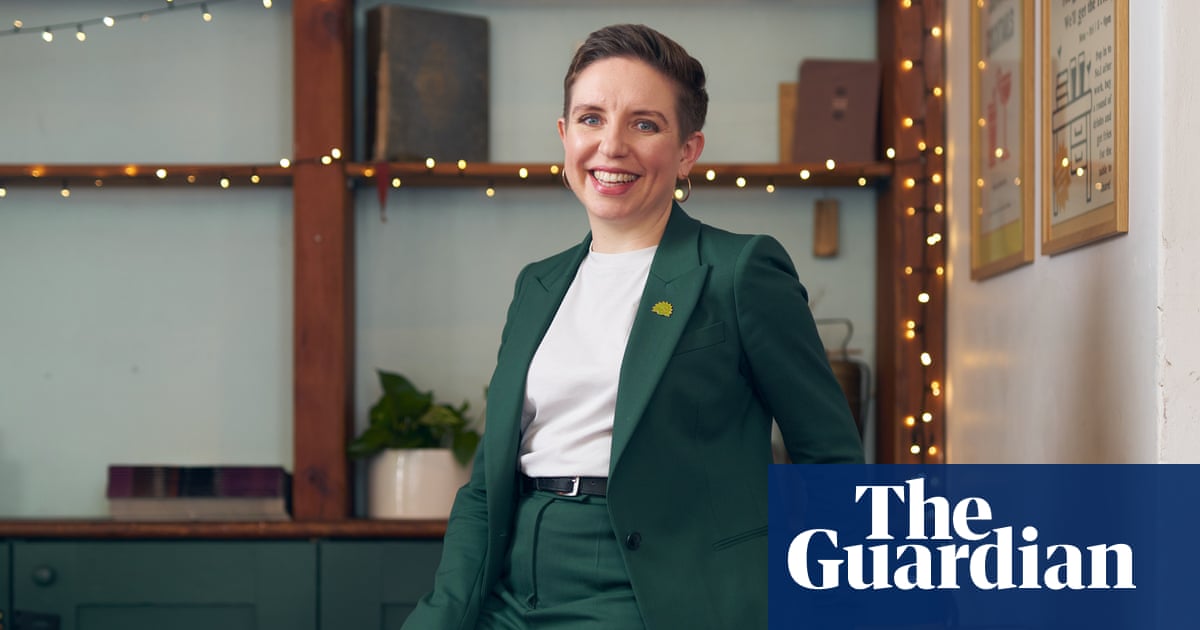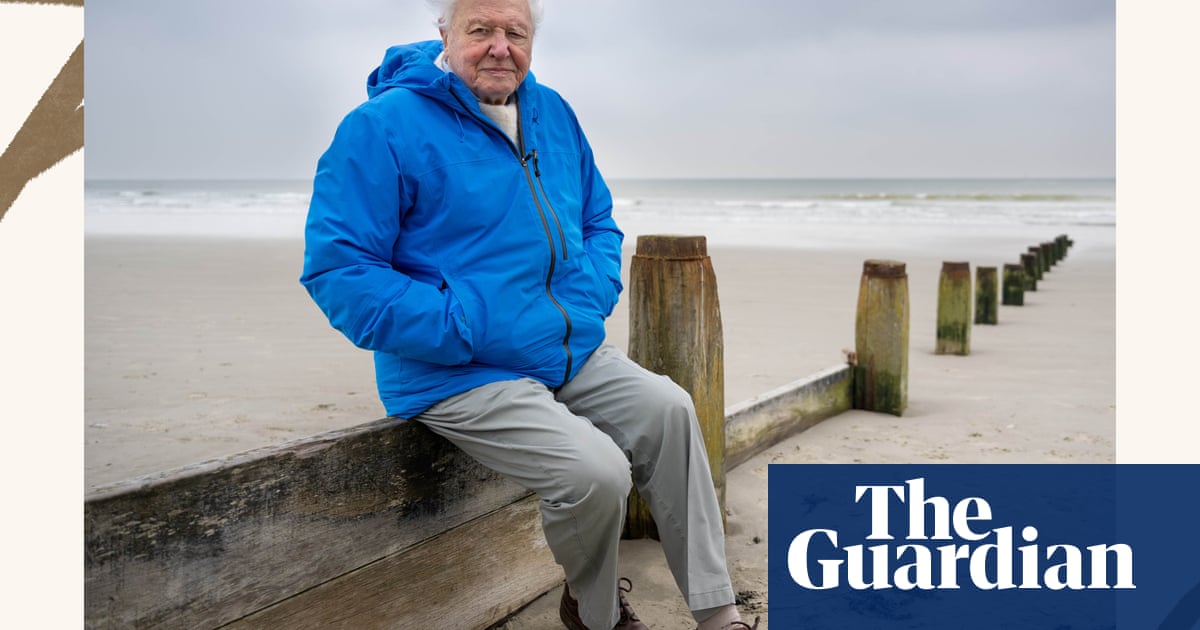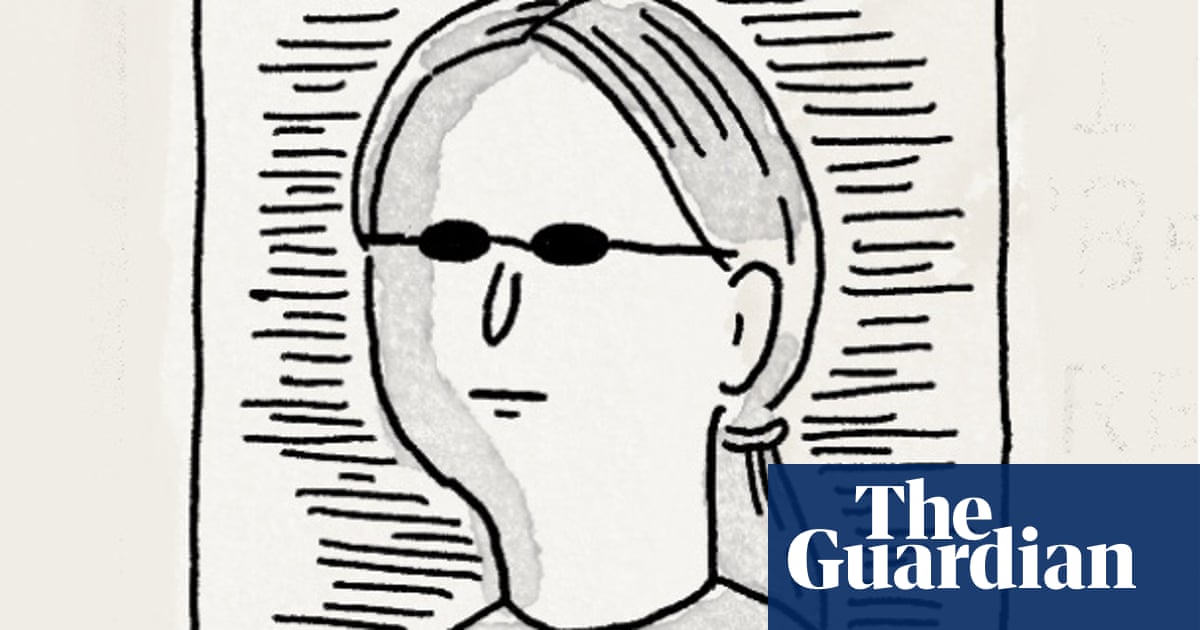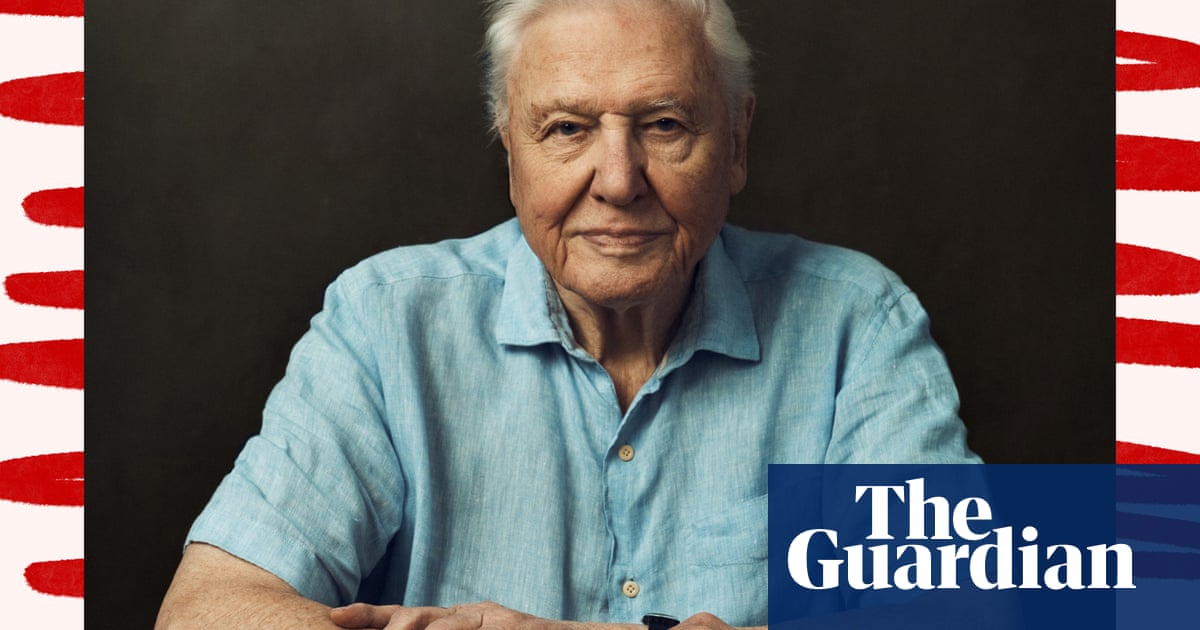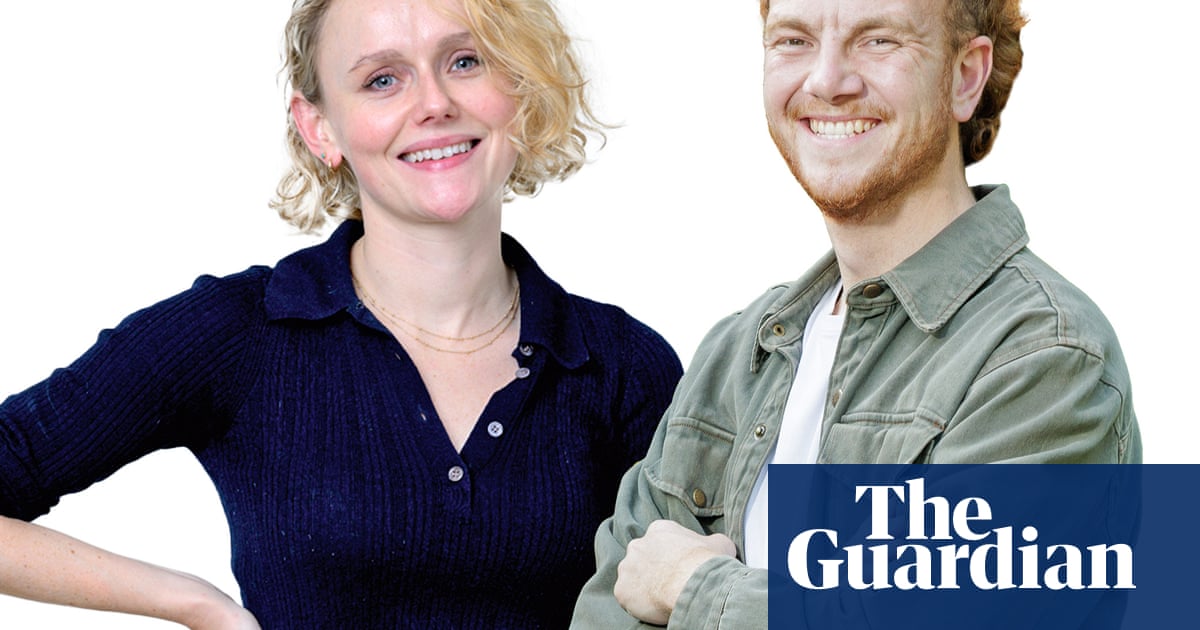To be honest, mothers make me sad. Especially working mothers with small children. Sometimes, when I see a woman in the late afternoon – pushing a buggy, a sniffling toddler in tow, tote bags swinging from her shoulder and two dark circles around her eyes – I want to cross the street. Not out of judgment, but because I can’t bear how exhausted she looks. The quiet despair etched into her face. I feel sorry for her. It’s so damn unfair. Studies and statistics back this up: the status quo for working mothers is dismal.
For years, I’ve witnessed it up close, too – in friends, work colleagues, relatives and neighbours. Their inner conflict. The overload. The heartbreak of falling short of whatever illusions they had. The anger at their limits, their circumstances. Because it really is insanely hard to work and, at the same time, keep up an orderly life, with a stocked fridge, a shiny sink, a happy child. And ideally still be a sexually attractive partner, an active citizen, a present friend. Caring for everyone – and yourself. It’s a life lived at the edge of collapse.
At the same time, I sometimes find myself becoming annoyed by the complaints from mothers – in media debates, on social media, in books, podcasts, blogs and newsletters.This public display of their fate and self-sacrifice. Come on, I think. No one has to have a child in the 21st century. Women have choices now. Don’t they?
But then I quickly pause. Is it really a choice if you abandon the idea of motherhood because you’ve seen how brutal the reality can be? Because you’ve internalised that having a child has meant, for generations of women, being torn in impossible directions?
No probably not, and maybe women like me, East German women who love to work and were raised with a firm hand, have an especially tough time coming to terms with motherhood. We don’t have a tradition of the housewife. Housewives were viewed with suspicion, looked down on with a kind of contempt – like pitiful characters from a Grimm’s fairytale. Work wasn’t just encouraged – it was expected. It’s in our bones. You’re not a wimp was the message we got: you’re resilient.
I still remember very clearly how teachers and mothers drilled it into me and my girlfriends as teenagers: marry, have a baby, but never depend on a man. Find a career that fulfils you but also brings financial independence and security. The goal was to become a wonderfully emancipated woman who managed it all on her own – including motherhood. Because that, too, was part of being a proper, productive citizen.
I know that might sound OK in theory. Maybe even progressive. Did socialism help women emancipate themselves?
If you only looked at the numbers, you might say yes. In 1989, just before the fall of the Berlin Wall, 91% of all working-age women in the GDR were either employed or in training or higher education. In West Germany, only 51% of women worked, and most of them were part-time. The divorce rate in the GDR was about 1.5 times higher than in West Germany. Being a single mother wasn’t scandalous – it was common. People changed partners more easily. You could survive on your own because the system supported you, with daycare, nurseries and after-school programmes that were all practically free.
These effects still linger. There are more childcare options in eastern Germany and a smaller gender pay gap. And emotionally? Maybe East German women never clung as tightly to the romantic notion of love for life. It’s empowering, yes. But also lonely.
To me, this way of thinking also meant: don’t rely on someone else and certainly don’t expect much – maybe nothing at all – from men, fathers, partners. For my generation, who grew up during the post-German reunification era, fathers were notable mainly by their absence. They went to work, came home for dinner, grumbled and spent weekends washing the car or mowing the lawn. That’s how it was for us – and for many, it still is.
That’s also why I don’t have children. I don’t want to be a mother. Sure, there are days – usually just before ovulation – when my body and hormones go into overdrive, filling my head with baby thoughts and the relentless ticking of the biological clock. I struggle. I berate myself, thinking I’m a selfish bitch refusing to do her duty. Stop being so dramatic. Come on. Don’t be stupid – you’ll regret it later. But somehow the internal struggle has never been enough to change my mind.
I recently asked a friend how she knew she wanted a child. “You just feel it,” she said. That phrase. It’s the same one people use when talking about finding a partner or a new apartment. But here’s the difference: you can move out of an apartment. You can leave a relationship if it doesn’t feel right – and let’s be honest, most of them (that’s also a statistical fact) don’t last for ever. But a child is forever. Motherhood is forever, whether you want it to or not. And that, to me, is the terrifying part: it takes away the ability to choose.
I learned that lesson early. After all, I was a child myself. I’ve seen that motherhood is a battlefield – not just a battle with the demands of the child, but an even fiercer clash within the mother: between the woman who wants to love and nurture, and the woman who longs for autonomy. I don’t trust myself to reconcile that struggle. I’ve seen it first-hand. And I don’t buy the myth that you can be both. Sure, life goes on – but it doesn’t move forward in the way we imagine.
Technically, when my grandmother was pregnant with my mother, she was already carrying me as well – the cells, the egg that would become me. Which means I wasn’t just inside my mother’s weary body, but inside my grandmother’s, too – a body worn out by the same unspoken overload and sadness.
I remember my grandmother’s endless self-questioning: why had motherhood been so hard? She had wanted children, hadn’t she? So why had every day felt like an exhausting test, filled with the kind of repetition that stripped life of its meaning? Open the door. Close it. Up the stairs. Down. Cook, clean, go to work, come home, do the laundry. Tidy up, take care of the children. Smile when your husband returns. Don’t let the sadness show. Keep going. Always keep going. Her own needs? Forgotten. Where was her appetite for life? When was the last time anything brought her joy?
I don’t trust myself to be different. After all, I’m her grandchild. I can’t give in to the naive belief that I could somehow fix the mistakes of the past. The mother of my mother, the mother of my mother’s mother, and so on. If only we could trace the roots of it all, to see how the spell was cast in the first place.
And even if I were bold enough to consider motherhood for myself, I definitely don’t trust the men of my generation. I don’t want to become a weary, overwhelmed mother – nor do I want to be a “supermom”, pushing myself to the brink of exhaustion just to prove that it’s somehow possible. Working couples with kids are still far from any kind of equal or fair division of labour. You can change laws and tweak parental leave policies, but the family model, regardless of east or west, stubbornly remains one that demands everything from women and excuses men for no reason.
It’s absurd, isn’t it? When I see a man with a pram, I don’t want to cross the street – instead, my first thought is: “How cute, he’s really involved.” But since when and for how long? That reaction shows just how deeply our double standards are ingrained.
I keep focusing on mothers and grandmothers to find answers, but where are the men? The fathers, the grandfathers? Their side of the battlefield remains eerily silent and empty. They seem to be held accountable for nothing. We’ve given them a free pass.
The expectations placed on women are sky-high. The expectations of men, when it comes to fatherhood? I’m not even sure what they are – or if they ever truly existed. What I do know is that it’s taken me years to see the spell for what it is. A bunch of flowers on Mother’s Day, which Germany and many other European countries mark on Sunday, surely won’t change anything. The greater gesture lies in stepping away from the inherited narratives that confine us. Let the clock tick.
-
Carolin Würfel is a writer, screenwriter and journalist who lives in Berlin and Istanbul. She is the author of Three Women Dreamed of Socialism

 3 hours ago
5
3 hours ago
5




